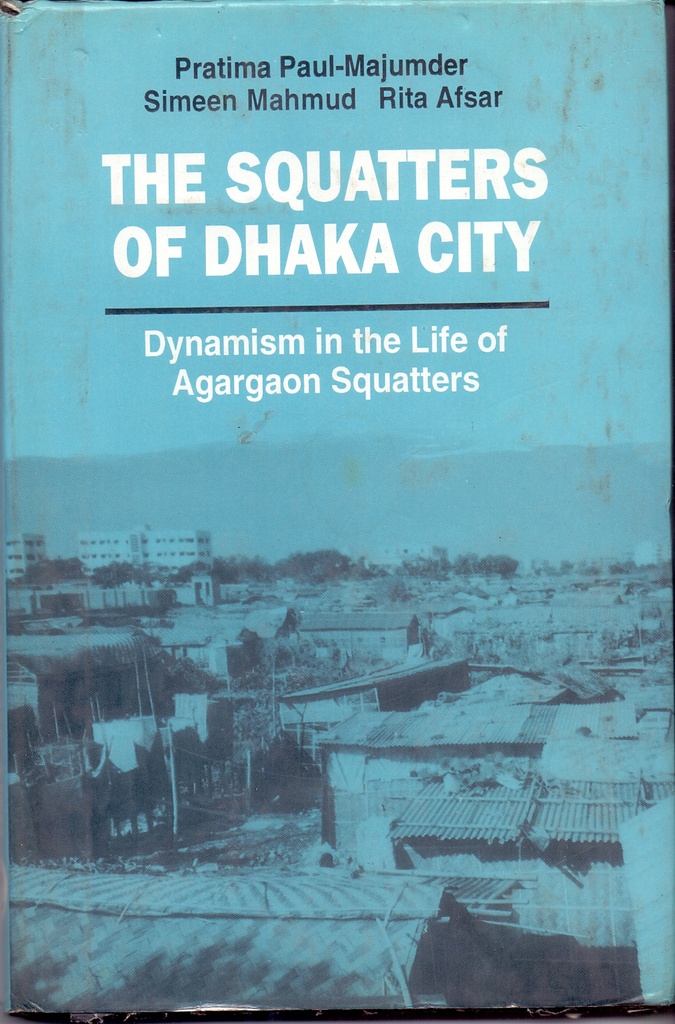
- Shop
- The Squatters of Dhaka City: Dynamism in the Life of Agargaon Squatters
The Squatters of Dhaka City: Dynamism in the Life of Agargaon Squatters
https://uplbooks.com/shop/9840513010-the-squatters-of-dhaka-city-dynamism-in-the-life-of-agargaon-squatters-6391 https://uplbooks.com/web/image/product.template/6391/image_1920?unique=90f5a49
| Language: English |
Tags :
Book Info
The Squatters of Dhaka City examines the consequences of rapid migration on the migrants and their families, urban economy and urban social services. Through an intensive survey of 300 randomly selected households the study presents an analysis of the socio-economic and cultural dynamics in the life of squatters in the Agargaon area. The study shows that the rural-urban migration does not necessarily have a negative connotation which dominated the conventional wisdom that depicts migrants as victims of the culture of poverty characterized by fatalism, helplessness, dependence and alienation leading to disruptive behaviour. Rather in terms, of their perception and income, the migrants appear to have improved their conditions and life chances, and the longer they stay in the city the better are the chances of improving their condition. The aggressive nature of migrants relative to non-migrants make them better equipped to face urban life and because of their adaptibility they tend to retain those values and norms of behaviour which are supportive to city life and discard those which hamper it. Finally the study finds that network arrangements of the poor migrants help them obtain shelter and a job and also induce a sense of solidarity to face adversities of the squatter life.

Pratima Paul Majumder
Dr. Pratima Paul-Majumder's research work was groundbreaking in a wide range of subjects from sericulture to economics of slums and squatter settlement to garment industry and gender issues. Some of her important publications are: Women in Manufacturing Industries of Dhaka City (ILO/ARTEP, New Delhi), Women, Work and Home (BIDS, Dhaka), and A Study on Urban Poverty: Its Nature and Extent (Arani Publications, Dhaka).


